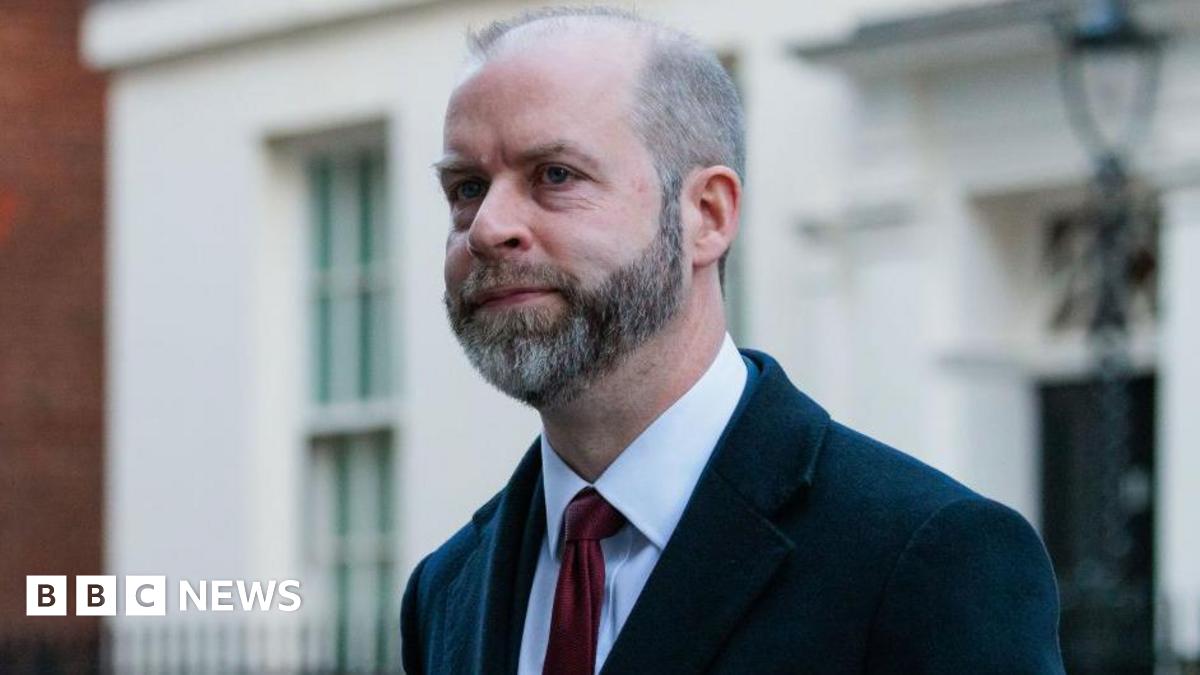Trump told not to put massive trade tariffs on UK

The prospect of higher taxes being introduced on imports to the US is concerning many world leaders because it will make it more expensive for companies to sell goods in the world’s largest economy.
Trump told global executives at the World Economic Forum on this week that they could either produce their goods in the US or face widespread tariffs worth hundreds of billions or even trillions of dollars.
But Reynolds said when it comes to manufactured goods, the US did not have a trade deficit with the UK.
“We know this is something that not just President Trump, but the whole of his administration takes very seriously,” he said.
“We’ve obviously got a services-based economy. The US does not have that deficit with us so if that’s the logic of that position, I think we’ve got an argument to engage with.”
Tariffs are a central part of Trump’s economic vision. He sees them as a way of growing the US economy, protecting jobs and raising tax revenue but he also uses them as leverage to pursue other policies.
He has already said he is considering imposing a 10% tax on imports from China as soon as 1 February, claiming the country is sending fentanyl, a synthetic opioid, to Mexico and Canada.
Trump had also threatened 25% tariffs on Canada and Mexico, again citing fentanyl as well as immigration among his concerns.
However, Trump has since said he “would rather not” impose tariffs, suggesting a trade deal could be on the table.
Related
A New Book Argues That What Happens in Europe Doesn’t…
Remaking the World: European Distinctiveness and the Transformation of Politics, Culture, and the Economy by Jerrold Seigel “No issue in world
Poland plans military training for every adult male amid growing…
Poland’s prime minister, Donald Tusk, has said his government is working on a plan to prepare large-scale military training for every adult male in response t
2025 European Athletics Indoor Championships: Ditaji Kambundji secures women’s 60m…
Switzerland’s Ditaji Kambundji walked away from the 2025 European Athletics Indoor Championships in Apeldoorn on 7 March with much more than her first Europea
Takeaways from the EU’s landmark security summit after Trump said…
BRUSSELS (AP) — European Union leaders are trumpeting their endorsement of a plan to free up hundreds of billions of








